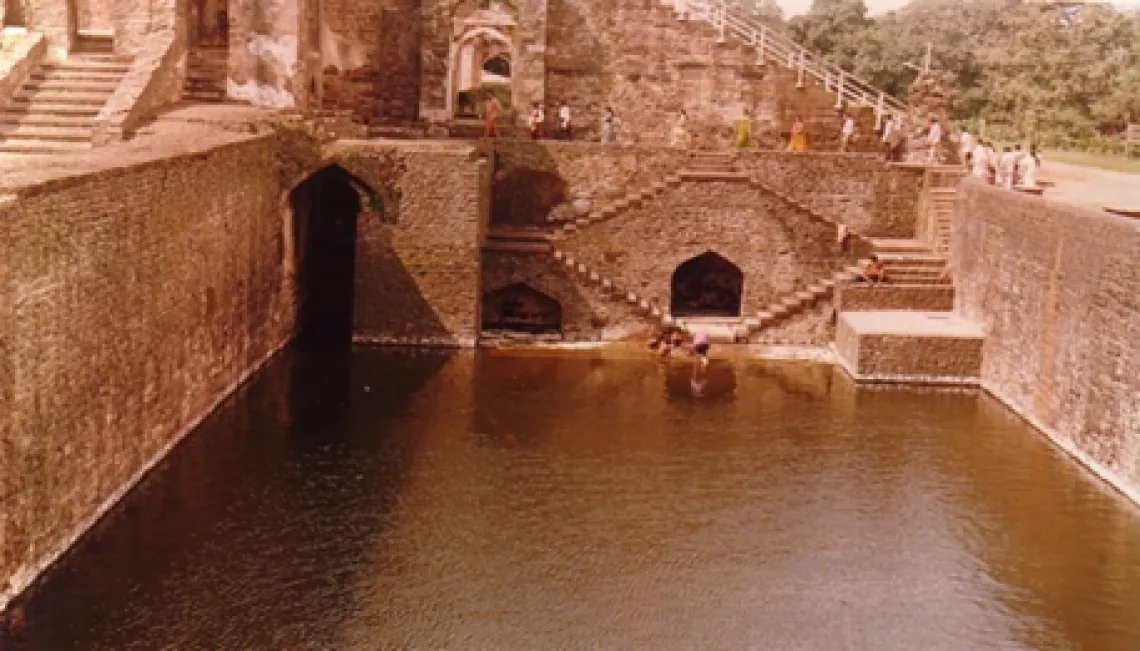G-WADI Co-organizes Seminar on Rainwater Harvesting Techniques

A seminar on Rainwater Harvesting Techniques: A Tool to Deal with Water Scarcity, was held at the Food and Agriculture Organization (FAO) building, 9-10 March 2017, Santiago Chile. It was organized by UNESCO-IHP’s Global Network on Water and Development Information for Arid Lands (G-WADI) and the UNESCO-affiliated center CAZALAC (La Serena, Chile), and was hosted by FAO.
The meeting covered both local-scale “Water Harvesting” and more regional-scale “Managed Aquifer Recharge” for water-scarce regions. These represent two ends of a spectrum, in terms of spatial scale, of capturing rain-, gray- and wastewater, with the former often occurring in individual residences or villages and the latter engaging water resources engineers and utilities. There were approximately 30 talks, the majority of which were case studies on water harvesting in Latin America and the Caribbean.
The meeting examined many overall themes that were drawn out by the case studies. For example,
• Wastewater reuse can be a challenge to put into practice in developing countries, given the investment development agencies have made in teaching the importance of good sanitation practices for disease prevention.
• Traditional systems are important, and such knowledge can be shared globally.
• Business models are important; some of the rainwater capture methods have significant costs.
• Best results may be achieved with rainwater capture systems by pre-installing them when a house is built.
There are existing technical manuals and information platforms that should be taken advantage of so as not to reinvent the wheel. FAO has as much or more experience in water harvesting than IHP, so again, the emphasis needs to be on collaboration among the international organizations.
ICIWaRM’s Will Logan spoke on the history and activities of G-WADI, with an emphasis on the time that needs to be invested in the network and its people to achieve long-term success of the program.
